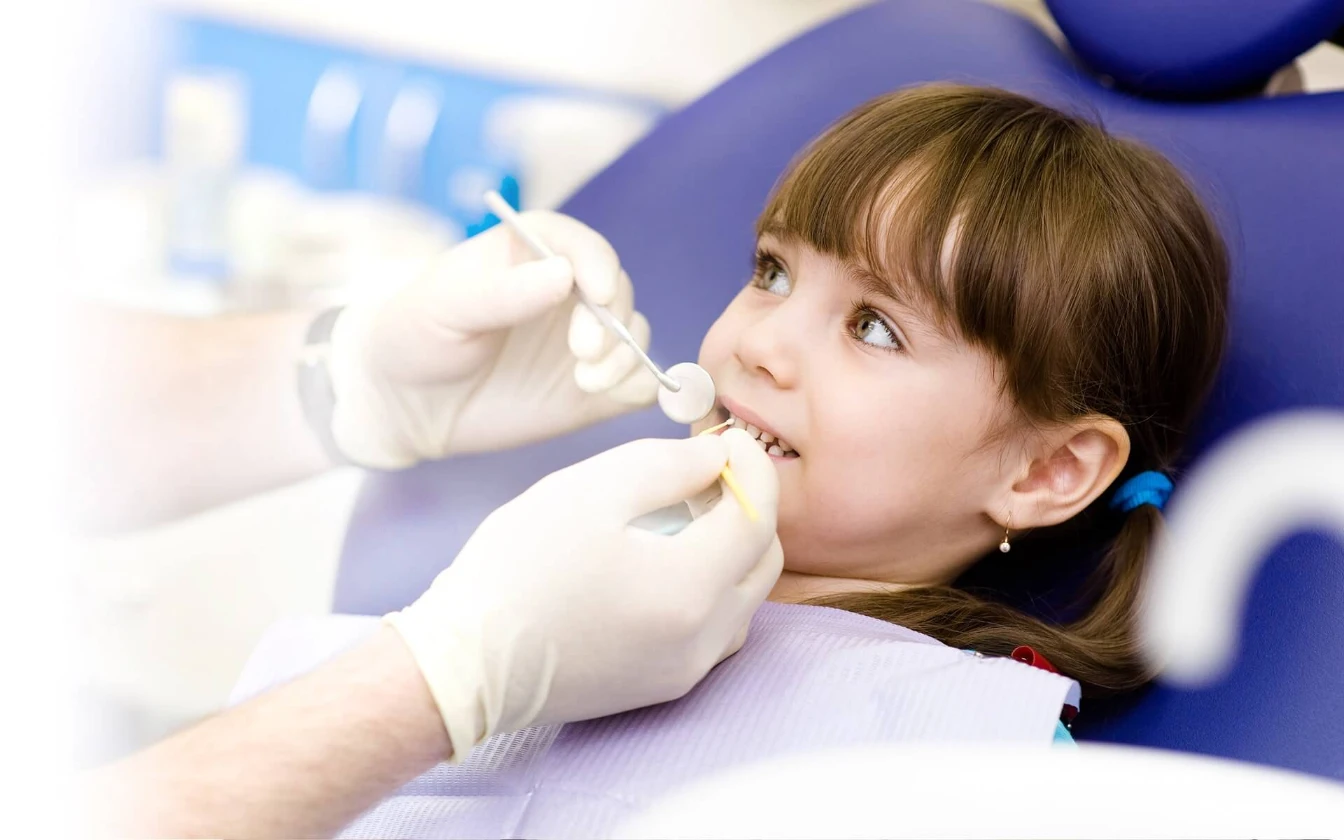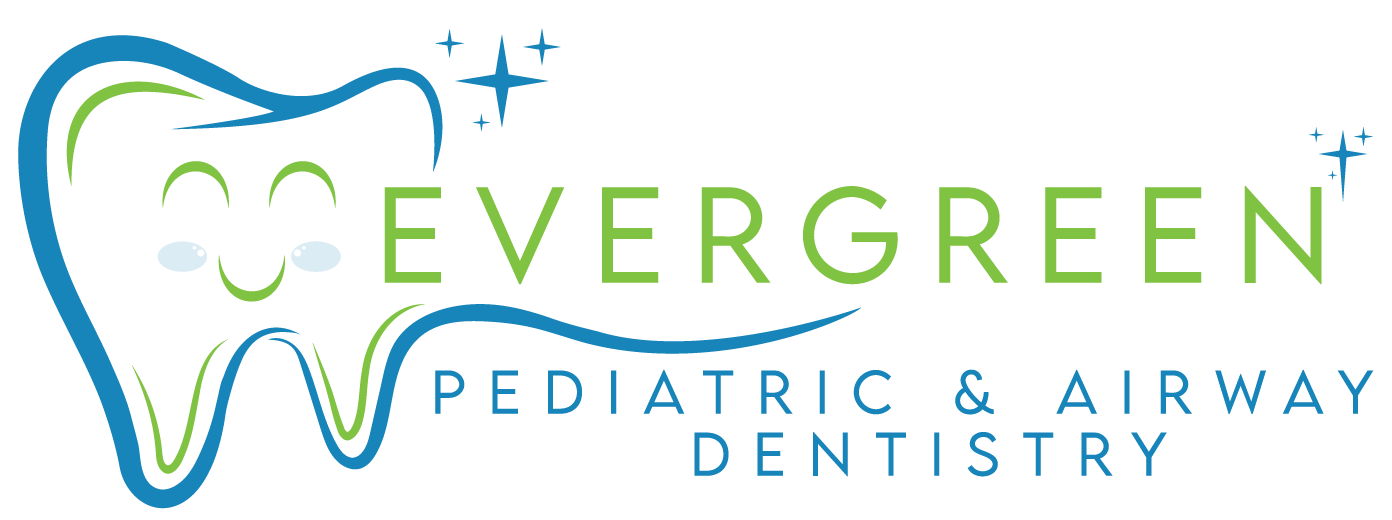The Benefits of Orthodontic Screenings for Young Children
Growing up with a bright, healthy smile is not merely a matter of aesthetics; it plays a crucial role in a child’s overall well-being, influencing their confidence, social interactions, and even academic success. When it comes to dental health, taking early action can significantly prevent issues that may lead to more serious concerns down the line. For both parents and pediatric dentists, recognizing the importance of orthodontic screenings in young children is essential. The benefits of orthodontics screening, these screenings help identify misalignments and other dental issues early on, enabling timely interventions that enhance a child’s smile and promote long-term oral health. By prioritizing these assessments, parents can provide their children with a solid foundation for a lifetime of healthy teeth and gums, setting them up for success in social and emotional realms.
Understanding Orthodontic Screenings
Orthodontic screenings play a crucial role in maintaining a child’s dental health and should be an integral part of regular dental check-ups. These screenings involve a thorough examination of a child’s teeth, jaw, and overall oral development by a qualified orthodontist. During this assessment, the orthodontist evaluates the alignment of the teeth, the function of the jaw, and growth patterns to identify potential issues early, such as improper bites, misalignment, and jaw discrepancies.
Regular orthodontic screenings are essential because they enable timely interventions. Detecting dental problems at an early stage allows for more effective treatments, significantly reducing the risk of complications in the future. For instance, identifying a developing overbite while a child is still growing can lead to simpler corrective measures, rather than the more complex procedures often required in adulthood. Furthermore, these screenings offer valuable insights into a child’s oral health, empowering dentists to monitor progress and customize treatments according to the child’s evolving needs.
Beyond addressing immediate concerns, orthodontic screenings serve as vital preventive measures. By recognizing and tackling issues before they escalate into major problems, parents can help protect their children from discomfort and potentially expensive treatments later on. Consistent screenings ensure that children develop healthy, confident smiles that last a lifetime. This proactive approach not only enhances the aesthetic appeal of their dental health but also positively impacts their overall well-being and self-esteem, promoting lifelong good oral hygiene habits.
By fostering a collaborative relationship among parents, children, and dental professionals, we can ensure that every child has the opportunity to achieve optimal oral health.

Orthodontic Screenings
Benefits of Early Detection and Intervention
Early detection of dental issues in children is a transformative factor that can pave the way for a lifetime of healthy smiles. Identifying problems at a young age allows for timely intervention during the critical period of jaw and teeth development, making treatment more manageable and significantly more effective. This proactive approach not only prevents further complications but also reduces the need for invasive procedures later on, which can be daunting for both children and their parents.
Addressing dental health early on not only enhances physical well-being but also plays a vital role in boosting self-esteem and social interactions. Children with healthy smiles tend to feel more confident about their appearance, fostering a positive self-image and strengthening their social skills. When children are comfortable showcasing their smiles, they are more likely to engage with peers, participate in activities, and build lasting friendships. By promptly addressing dental issues, parents equip their children with the tools they need to thrive socially, thereby lessening the likelihood of future insecurities or anxiety about their appearance.
Moreover, early intervention can significantly influence a child’s overall health and well-being. Untreated dental issues can lead to various complications, including difficulties with eating, speaking, and even sleeping. For example, tooth decay can cause discomfort that hampers a child’s ability to chew properly, potentially resulting in nutritional deficiencies. Additionally, speech impediments may arise from dental problems, hindering effective communication and social development. By addressing these concerns early, parents can help ensure their children maintain a high quality of life, enjoy nutritious meals without pain, and develop clear communication skills. Ultimately, this proactive approach to dental health not only supports children’s physical development but also helps them avoid potential health complications linked to poor oral hygiene, laying the foundation for a healthier future.
Common Dental Issues Identified Through Screenings
Orthodontic screenings play a vital role in preventive dental care by revealing various dental issues that might not be immediately visible. Common concerns such as crowding, spacing, and protruding teeth can be detected early through these examinations. Timely identification is crucial, as addressing these problems promptly ensures that a child’s teeth develop properly and reduces the need for more extensive, potentially invasive corrective procedures later on. This proactive approach not only enhances the child’s smile but also contributes to better overall oral health.
In addition to these issues, comprehensive orthodontic screenings can identify improper bites, including crossbites, overbites, and underbites. These bite problems extend beyond cosmetic concerns; they can lead to significant complications such as jaw misalignments, chewing difficulties, and even speech impediments. For example, a severe overbite may cause premature wear of the front teeth, while a crossbite can result in uneven tooth wear and discomfort. Early detection of these bite issues allows orthodontists to implement customized treatments that correct them before they worsen, ultimately improving the child’s quality of life.
Moreover, jaw discrepancies, such as asymmetries or developmental delays, are additional concerns that can be identified during screenings. If left untreated, these conditions can negatively impact facial symmetry and overall dental function, leading to more serious problems in the future. An asymmetrical jaw, for instance, can cause an uneven smile and difficulties with biting. By recognizing these discrepancies early, orthodontists can create appropriate treatment plans that promote proper jaw development and alignment, ensuring that children achieve beautiful smiles and maintain optimal oral health as they grow. This comprehensive care approach highlights the importance of regular orthodontic evaluations in fostering lifelong dental wellness.

Benefits of Orthodontic Screenings
Saving Time and Money with Screenings
Investing in orthodontic screenings offers parents significant savings in both time and money while promoting their children’s overall dental health. By identifying and addressing dental issues early, families can avoid lengthy and costly treatments that often come with complications and increased discomfort down the line. Early intervention is crucial; it usually involves less extensive procedures, ultimately easing the financial burden on families while ensuring effective outcomes that lay the groundwork for a lifetime of good oral health.
In addition to financial benefits, orthodontic screenings save valuable time by preventing the need for extensive treatments later, which can involve multiple appointments and prolonged periods in braces or aligners. Early detection enables orthodontists to initiate targeted treatment plans that promptly address specific issues such as teeth misalignment or overcrowding. This proactive approach not only reduces the number of required visits but also allows children to achieve healthy, confident smiles much sooner than with reactive treatment methods.
For families seeking value in dental care, orthodontic screenings present a cost-effective strategy that yields long-term benefits. By identifying problems early, parents can sidestep the often substantial expenses associated with corrective procedures later on, ensuring their children receive tailored care that meets their unique needs. The investment in screenings not only results in healthier smiles but also translates to lower dental expenses over time, enabling families to allocate resources to other important life areas. Ultimately, prioritizing orthodontic screenings leads to happier children and peace of mind for parents, knowing they have made a sound choice for their family’s future dental health.
Scheduling an Orthodontic Screening
Scheduling an orthodontic screening at the right time is crucial for parents who prioritize their child’s dental health. It is generally recommended that children receive their first orthodontic assessment by age seven. This early intervention is vital, as it allows for the identification and timely addressing of potential issues such as misaligned teeth or jaw discrepancies. Detecting these problems early can lead to more effective treatment outcomes and may even prevent the need for more extensive procedures in the future.
Parents should consult their child’s pediatric dentist to determine the appropriate timing for an orthodontic evaluation. The pediatric dentist plays a key role in monitoring the child’s dental development and can offer valuable insights tailored to the child’s specific needs, dental health, and growth progress. This collaborative approach between parents and dental professionals ensures a cohesive management of the child’s dental care, ultimately resulting in better long-term outcomes.
When scheduling a screening, it’s important for parents to seek out an experienced orthodontist who specializes in pediatric care. An orthodontist with expertise in treating children understands the unique challenges and considerations associated with growing jaws and developing teeth. Seeking recommendations from trusted sources—such as family, friends, or the child’s dentist—can help identify reputable professionals. Additionally, reading online reviews and testimonials can provide valuable insights into the experiences of other parents and the quality of care offered.
Choosing the right orthodontist is essential for ensuring a positive experience and optimal results for the child. A good orthodontist should foster a welcoming and comfortable environment to help alleviate any fears or anxieties the child may have about the process.

Preventive Dental Care
The Role of Parents in Preventive Dental Care
Parents play a vital role in maintaining their child’s dental health, serving as the primary educators and role models for good oral hygiene practices. By instilling good habits from an early age, parents can set the foundation for a lifetime of healthy smiles, which is crucial not only for aesthetics but also for overall health. Regular brushing, ideally twice a day with fluoride toothpaste, flossing, and dental check-ups every six months are essential components of preventive care that parents should prioritize to help prevent tooth decay and gum disease.
In addition to daily oral hygiene practices, parents should encourage a balanced diet that supports dental health. Foods rich in vitamins and minerals, such as fruits, vegetables, lean proteins, and whole grains, contribute to strong teeth and gums. Limiting sugary snacks and drinks is crucial, as excessive sugar intake can significantly increase the risk of cavities and other oral issues. Instead, offering healthy alternatives like cheese, nuts, and crunchy vegetables can make a positive difference. Promoting water consumption, especially fluoridated water, can further enhance dental health by helping to wash away food particles and reduce acidity in the mouth, leading to better overall well-being.
Engaging children in fun and interactive activities related to oral health can also enhance their understanding and motivation. Parents can introduce games, apps, or educational materials that teach children about the importance of dental care in an entertaining way. For instance, using brushing charts with stickers can encourage consistent brushing habits, while storytelling or animated videos can illustrate the benefits of oral hygiene. By making the learning process enjoyable, parents can foster positive attitudes towards oral health, empowering their children to take charge of their dental care and ensuring their long-term success in maintaining a healthy and bright smile.
Selecting the Right Orthodontist for Your Child
Choosing a reliable orthodontist is crucial for your child’s dental health. It’s not only about credentials; it’s essential that your child feels comfortable and receives top-notch care. Here’s how to embark on the journey to find the best orthodontist for your family.
- Why Opt for a Pediatric Orthodontist? Pediatric orthodontists specialize in the unique dental challenges children encounter. With extensive training, they excel at identifying and addressing issues early on, often preventing more complex problems down the line. Look for professionals with a proven success record, as their experience can provide peace of mind regarding the quality of care your child will receive.
- Fostering a Positive Environment: A trustworthy orthodontist should prioritize your child’s dental health alongside their comfort and emotional well-being. This includes creating a welcoming and supportive atmosphere where children feel at ease. Such environments can transform a potentially intimidating experience into a positive one, helping your child cultivate a healthy attitude towards dental care.
- Seek Recommendations and Feedback: Begin your search by seeking recommendations from trusted sources, such as friends, family, and your child’s pediatric dentist. These individuals can offer valuable insights based on their experiences and suggest orthodontists known for excellent patient care. Additionally, consider online reviews and testimonials, which can provide a broader perspective on what to expect and how other patients have felt about the orthodontist’s practice.
- Inquire with Purpose: After compiling a list of potential orthodontists, schedule initial consultations. This is a critical opportunity to evaluate each candidate further. Prepare a set of questions regarding their experience, treatment philosophy, and available options for your child. A dependable orthodontist will not only provide thorough answers but also explain the proposed treatment plan in detail. Their willingness to communicate openly is a strong indicator of their commitment to patient care.

Professional Pediatric Dentist
The Role of Evergreen Pediatric Dentistry in Screenings
Evergreen Pediatric Dentistry is dedicated to delivering exceptional orthodontic screenings tailored specifically for children. With a compassionate and experienced team that understands the unique needs of young patients, they provide comprehensive evaluations that prioritize each child’s well-being, comfort, and emotional health. Their unwavering commitment to excellence ensures that every child receives the highest standard of care, thoughtfully designed to align with their developmental stages.
Each screening at Evergreen Pediatric Dentistry is meticulously customized to address the individual needs of every child, focusing on specific dental concerns and growth patterns. This personalized approach leads to tailored treatment plans that not only resolve immediate issues but also foster long-term oral health. Their state-of-the-art facilities are equipped with the latest advancements in dental technology, facilitating accurate assessments and effective interventions that are efficient and minimally invasive.
By choosing Evergreen Pediatric Dentistry, parents can feel confident that their child’s dental health is entrusted to a dedicated team that values both professionalism and empathy. With a strong emphasis on preventive care and early intervention, Evergreen Pediatric Dentistry actively works to create positive and enjoyable experiences for both children and their parents. Their patient-centered approach cultivates trust and collaboration, empowering families to make informed decisions regarding their child’s dental health while instilling a lifelong appreciation for good oral hygiene practices.
Moreover, Evergreen Pediatric Dentistry places great importance on education for both children and their parents. They take the time to explain each step of the process, ensuring that young patients feel safe and comfortable throughout their visits. With a welcoming environment and a focus on communication, Evergreen Pediatric Dentistry stands out not just as a dental practice, but as a trusted partner in fostering healthy smiles and joyful experiences for children as they grow.
Conclusion
In conclusion, orthodontic screenings play a vital role in maintaining the dental health of young children. By identifying potential issues early, parents can ensure timely interventions that promote healthy smiles and overall well-being. The benefits of early detection, including improved self-esteem, reduced health risks, and cost savings, are invaluable for both children and their families.
Parents should prioritize scheduling orthodontic screenings and collaborating with experienced professionals to provide the best possible care for their children. By taking proactive measures, parents can set the stage for a lifetime of oral health and confidence. Remember, a healthy smile begins with early intervention and the guidance of trusted experts.
For parents seeking comprehensive orthodontic screenings, Evergreen Pediatric Dentistry offers expert care and personalized treatment plans. Contact Evergreen Pediatric Dentistry today to schedule a screening and take the first step toward ensuring your child’s lifelong dental health.
Evergreen Pediatric Dentistry
https://www.google.com/maps?cid=14720788683151219551
12910 Totem Lake Blvd NE #103, Kirkland, WA 98034, United States
(425) 814-3196
https://evergreenkidsdentist.com/


